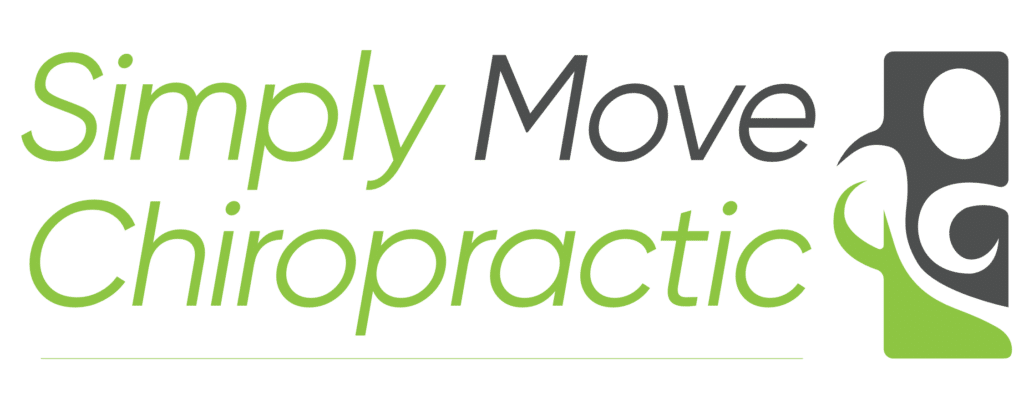Shoulder pain can significantly impact your ability to perform everyday activities. At my practice, I use shockwave therapy to help patients find relief from chronic conditions affecting the shoulder. Two recent studies highlight the effectiveness of this innovative treatment for two specific shoulder conditions: chronic calcific shoulder tendinitis and adhesive capsulitis (frozen shoulder). Let me walk you through these findings and how they relate to the care I provide.
Chronic Calcific Shoulder Tendinitis and Shockwave Therapy
Chronic calcific shoulder tendinitis is a condition where calcium deposits form in the rotator cuff tendons, leading to pain and stiffness. It can make activities like lifting your arm or carrying groceries feel unbearable. While traditional treatments such as anti-inflammatory medications and physiotherapy can help, they’re not always effective.
A systematic review examining the midterm effectiveness of extracorporeal shockwave therapy (ESWT) for this condition found promising results. This review analyzed multiple studies and concluded that ESWT effectively reduced pain and improved shoulder function in patients who hadn’t responded to other treatments. Importantly, these benefits persisted for at least six months after treatment.
The findings also suggest that ESWT is a safe alternative to surgery, offering similar outcomes with fewer risks and less downtime. However, the review did highlight a need for more standardized protocols to guide dosing and ensure long-term effectiveness. In my practice, I use evidence-based parameters to tailor shockwave therapy sessions for each patient, maximizing their results.
Shoulder Adhesive Capsulitis and Shockwave Therapy
Adhesive capsulitis, often called frozen shoulder, is characterized by stiffness and pain that restrict movement. It can develop gradually and significantly limit your quality of life. Traditional treatments include physical therapy, steroid injections, and in severe cases, surgery.
A prospective, randomized, double-blind study evaluated the efficacy of radial extracorporeal shockwave therapy (rESWT) for adhesive capsulitis. This study involved 106 patients divided into experimental and control groups. Over four weekly sessions, the experimental group received real shockwave therapy, while the control group received a placebo.
The results were compelling. Patients who received rESWT experienced significant improvements in shoulder movement, reduced pain, and better overall arm function at both four and 24 weeks after treatment. These findings show that rESWT is an effective and safe option for frozen shoulder, offering hope to those who have struggled with more traditional therapies.
Shockwave Therapy in My Office
These studies reinforce the benefits I’ve seen firsthand in my practice when using shockwave therapy to treat shoulder conditions. Whether it’s chronic calcific tendinitis or adhesive capsulitis, shockwave therapy offers a non-invasive, highly effective treatment option that can provide long-lasting relief.
When you visit my office, I take a personalized approach to care. After a thorough evaluation of your shoulder’s condition, I use state-of-the-art shockwave equipment to target the underlying issue. The therapy works by delivering high-energy sound waves to the affected tissues, stimulating blood flow, breaking down calcifications, and encouraging natural healing processes.
More recently, I have had really great success with Red Laser Therapy and Shockwave Therapy.
What makes this study particularly relevant is its focus on muscle balance and alignment, which are crucial in TMJ recovery. As the research shows, improving jaw symmetry not only alleviates pain but also restores functional alignment, helping prevent future discomfort. For patients experiencing the constant, frustrating cycle of TMJ pain, these benefits can make a dramatic difference in quality of life.
Why Choose Shockwave Therapy?
Both of these studies highlight shockwave therapy’s ability to improve shoulder function and reduce pain for patients struggling with chronic conditions. Whether you’re dealing with calcific tendinitis or frozen shoulder, this treatment could be the breakthrough you’ve been waiting for.
If shoulder pain has been holding you back, don’t hesitate to reach out. Together, we can develop a treatment plan that helps you get back to the activities you love, pain-free.
If TMJ pain has been affecting your daily life and you live in Charlotte, NC, consider scheduling an appointment to explore how dry needling, along with a comprehensive treatment plan, can provide relief and help you regain comfortable, natural jaw movement.



